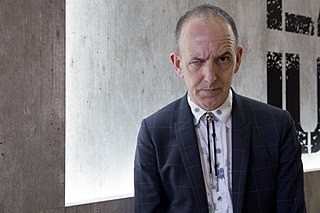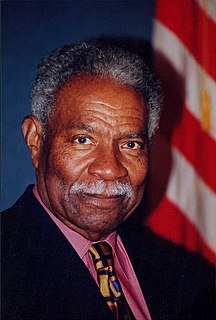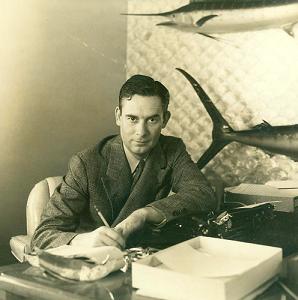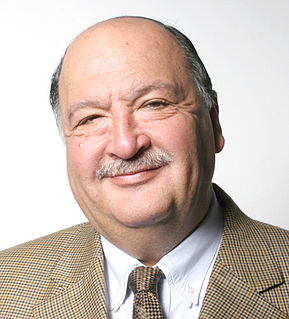A Quote by Ursula K. Le Guin
I'll make my report as if I told a story, for I was taught as a child on my homeworld that Truth is a matter of the imagination.
Related Quotes
A good story is alive, ever changing and growing as it meets each listener or reader in a spirited and unique encounter, while the moralistic tale is not only dead on arrival, it's already been embalmed. It's safer that way. When a lively story goes dancing out to meet the imagination of a child, the teller loses control over meaning. The child gets to decide what the story means.
[Eugene Smith] was always writing these diatribes about truth, and how he wanted to tell the truth, the truth, the truth. It was a real rebel position. It was kind of like a teenager's position: why can't things be like they should be? Why can't I do what I want? I latched on to that philosophy. One day I snapped, hey, you know, I know a story that no one's ever told, never seen, and I've lived it. It's my own story and my friends' story.
In Western society, and particularly in American society, imagination is stulified from infancy. The imaginative child is discouraged and upbraided. He is told that the process is mere dreaming, that it wastes time and leads nowhere. It is said to be "impractical." As the child grows and its imagination inevitably leads it to express unconventional ideas and to try new behavior, it is chided and even viciously punished for such signs of unorthodoxy.
In this tradition a story is 'holy,' and it is used as medicine," she told Radiance magazine. "The story is not told to lift you up, to make you feel better, or to entertain you, although all those things can be true. The story is meant to take the spirit into a descent to find something that is lost or missing and to bring it back to consciousness again.
I think one of the problems [with raising intelligent children] is compulsory schooling...and that children are sitting there and they are taught and told what to believe. They are passive from the very beginning, and one must be very, very aggressive intellectually to have a high IQ [...] the child is taught. Right from the beginning, it's a passive process. He or she sits there, and they simply try to believe everything they're told.
Every good story needs a complication. We learn this fiction-writing fundamental in courses and workshops, by reading a lot or, most painfully, through our own abandoned story drafts. After writing twenty pages about a harmonious family picnic, say, or a well-received rock concert, we discover that a story without a complication flounders, no matter how lovely the prose. A story needs a point of departure, a place from which the character can discover something, transform himself, realize a truth, reject a truth, right a wrong, make a mistake, come to terms.







































